United Nations Activities: March 2021
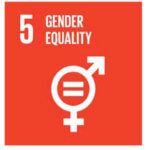
This Month’s Theme: Gender Equality
Gender equality is not only a fundamental human right, but a necessary foundation for a peaceful, prosperous and sustainable world.
Progress over the last decades: more girls are going to school, fewer girls are forced into early marriage, more women are serving in parliament and positions of leadership, and laws are being reformed to advance gender equality.
Challenges that remain: discriminatory laws and social norms remain pervasive, women continue to be underrepresented at all levels of political leadership, and 1 in 5 women and girls between the ages of 15 and 49 report experience physical or sexual violence by an intimate partner within a 12-month period.
Impact of COVID: The effects of the COVID-19 pandemic could reverse the limited progress that has been made on gender equality and women’s rights. The coronavirus outbreak exacerbates existing inequalities for women and girls across every domain.
Women play a disproportionate role in responding to the virus, including holding positions as frontline healthcare workers and pursuing careers at home. Women’s unpaid care work has increased significantly because of school closures and the increased needs of older people. Women are also harder hit by the economic impacts of COVID-19 as they disproportionately work in insecure labor markets. Nearly 60 per cent of women work in the informal economy, which puts them at greater risk of falling into poverty.
The pandemic has also led to a steep increase in violence against women and girls. With lockdown measures in place, many women are trapped at home with their abusers, struggling to access limited services that are suffering from cuts and restrictions. Emerging data shows that since the outbreak of the pandemic violence against women and girls – and particularly domestic violence – has intensified.
Additional Resources:
March 6 (Event): Broadcasting Event in honor of International Women’s Day
- Time:: 10 a.m. to 1 p.m.
- Tune Into Live Event: Watch Online
- Theme: Women in leadership: Achieving an equal future in a COVID-19 world
- YouTube Video:: International Women’s Day 2020: We are #GenerationEquality
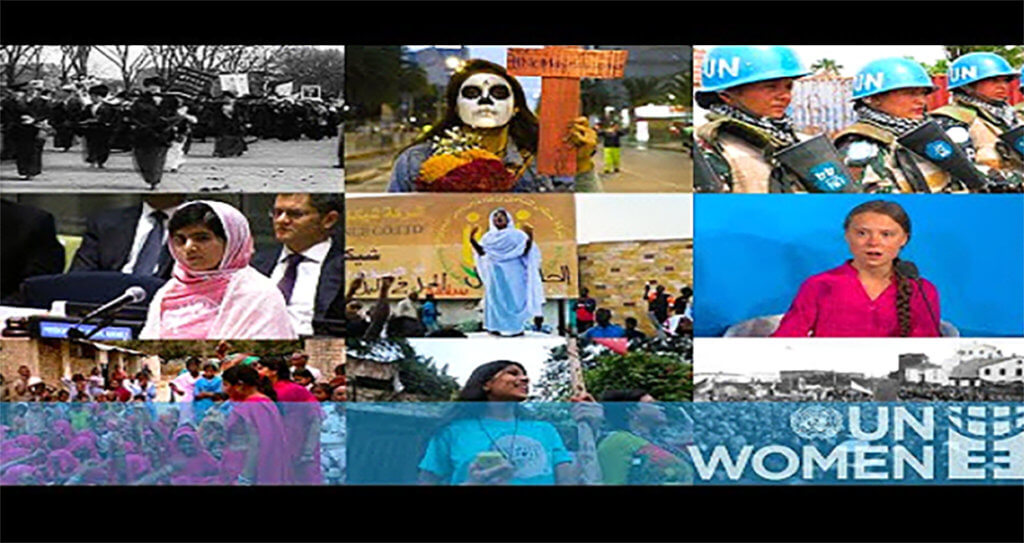
- Supplemental Resources:
- UN Women’s Website: Visit
- Turning promises into action: Gender equality in the 2030 Agenda for Sustainable Development (Report)

March 8 (Commemorative Day):
International Women’s Day
-
- Theme: Women in leadership: Achieving an equal future in a COVID-19 world.
- Overview: The theme celebrates the tremendous efforts by women and girls around the world in shaping a more equal future and recovery from the COVID-19 pandemic.
- Women stand at the front lines of the COVID-19 crisis, as health care workers, caregivers, innovators, community organizers and as some of the most exemplary and effective national leaders in combating the pandemic. The crisis has highlighted both the centrality of their contributions and the disproportionate burdens that women carry.
- Women leaders and women’s organizations have demonstrated their skills, knowledge, and networks to effectively lead in COVID-19 response and recovery efforts. Today there is more acceptance than ever before that women bring different experiences, perspectives, and skills to the table, and make irreplaceable contributions to decisions, policies and laws that work better for all.
- Goal: Gender Equality by 2030
- UN Women Webpage: Visit Site
March 15-26 (Private-Event): The 65th Session of the Commission on the Status of Women ()
-
-
- Overview: The event will take place at the United Nations Headquarters in New York from March 15-26, 2021. Representatives of Member States, UN entities, and ECOSOC-accredited non-governmental organizations (NGOs) from all regions of the world are invited to attend the session.
- Theme: Women’s full and effective participation and decision-making in public life, as well as the elimination of violence, for achieving gender equality and the empowerment of all women and girls
- Video: Smashing Barriers for all Girls and #WomenInScience – Jennifer Doudna (Nobel Laureate)
-
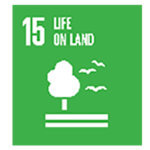
Environment
March 3: World Wildlife Day
-
- Overview: On March 3, 2021, World Wildlife Day will celebrate forest-based livelihoods and seek to promote forest and forest wildlife management models and practices that accommodate both human well-being and the long-term conservation of forests, forest-dwelling species of wild fauna and flora, and the ecosystems they sustain, and promote the value of traditional practices and knowledge that contribute to establishing a more sustainable relationship with these crucial natural systems.
- Notes: Between 200 and 350 million people live within or adjacent to forested areas around the world, relying on the various ecosystem services provided by forest and forest species for their livelihoods and to cover their most basic needs, including food, shelter, energy and medicines.Indigenous peoples and local communities are at the forefront of the symbiotic relationship between humans and forest, forest-dwelling wildlife species and the ecosystem services they provide. Roughly 28% of the world’s land surface is currently managed by indigenous peoples, including some of the most ecologically intact forests on the planet. These spaces are not only central to their economic and personal well-being, but also to their cultural identities.Forests, forests species, and the livelihoods that depend on them currently find themselves at the crossroads of the multiple planetary crises we currently face, from climate change to biodiversity loss to the health, social, and economic impacts of the COVID-19 pandemic.
- Theme: “Forests and Livelihoods: Sustaining People and Planet” to highlight the central role of forests, forest species and ecosystems services in sustaining the livelihoods of hundreds of millions of people globally, and particularly of Indigenous and local communities with historic ties to forested and forest-adjacent areas.
- Official Site: View Online
- Video: World Wildlife Day 2021 – Forests and Livelihoods: Sustaining People and Planet
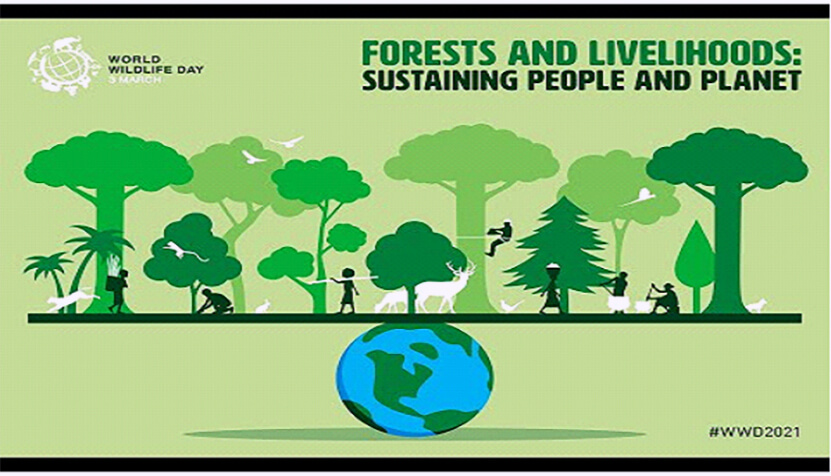

March 22: (Commemorative Day): World Water Day
- Overview: On this World Water Day, and any other day, remember to wash your hands regularly with water and soap or with an alcohol-based hand gel.
- Theme: “Water and Soap Against the Coronavirus.” Hand hygiene is essential in containing the spread of COVID-19, as well as other infectious diseases. If you have access to soap and water, follow the steps and join the #SafeHands campaign, for your community and for you.
- How is the water in your country? Discover the percentage of drinking water, water quality, population with access to sanitation services, or the proportion of wastewater that is treated safely. Access the map
- Facts:
- Today, 1 in 3 people live without safe drinking water.
- By 2050, up to 5.7 billion people could be living in areas where water is scarce for at least one month a year.
- Climate-resilient water supply and sanitation could save the lives of more than 360,000 infants every year.
- If we limit global warming to 1.5°C above pre-industrial levels, we could cut climate-induced water stress by up to 50%.
- Extreme weather has caused more than 90% of major disasters over the last decade.
- By 2040, global energy demand is projected to increase by over 25% and water demand is expected to increase by more than 50%.
- World Water Day Website
March 22 (Event): Celebration of the World Water Day 2021
- Time: 7 a.m. (EST)
- Overview: The World Water Day celebrates water and raises awareness of the global water crisis, and a core focus of the observance is to support the achievement of Sustainable Development Goal (SDG) 6: water and sanitation for all by 2030.
- Theme: “Valuing Water”
- The value of water is about much more than its price – water has enormous and complex value for our households, culture, health, education, economics and the integrity of our natural environment. If we overlook any of these values, we risk mismanaging this finite, irreplaceable resource. SDG 6 seeks to ensure water and sanitation for all. Without a comprehensive understanding of water’s true, multidimensional value, we will be unable to safeguard this critical resource for the benefit of everyone.
- Video: World Water Day 2021
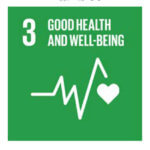
Health and Wellness (Theme)
March 20 (Commemorative Day): International Day of Happiness ()
- Overview: It’s a day to be happy, of course! Since 2013, the United Nations has celebrated the International Day of Happiness as a way to recognize the importance of happiness in the lives of people around the world. In 2015, the UN launched the 17 Sustainable Development Goals, which seek to end poverty, reduce inequality, and protect our planet – three key aspects that lead to well-being and happiness. The United Nations invites each person of any age, as well as every classroom, business, and government to join in celebration of the International Day of Happiness.
- Video: Pharrell Williams – International Day of Happiness
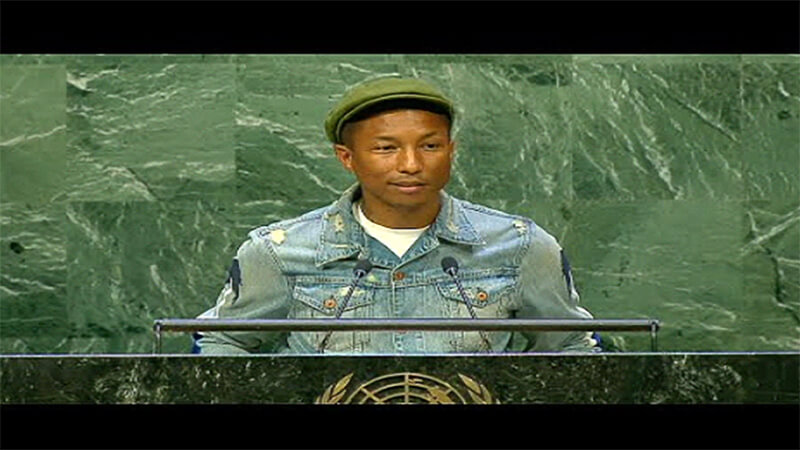
- Celebrating Happiness (photo album):
- World Happiness Report 2020
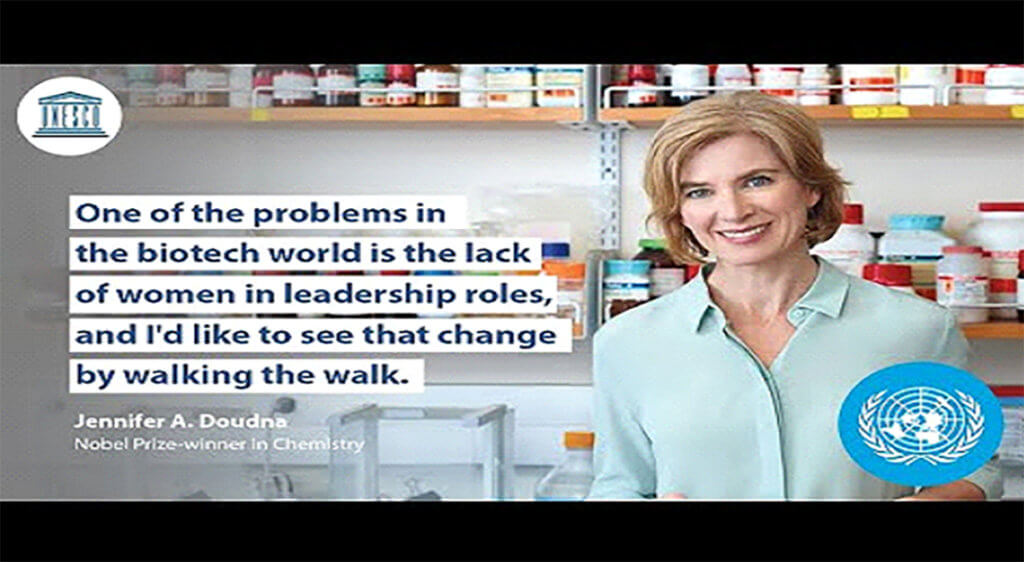
- Previous Session Theme: Women’s empowerment and the link to sustainable development (agreed conclusions of the sixtieth session).
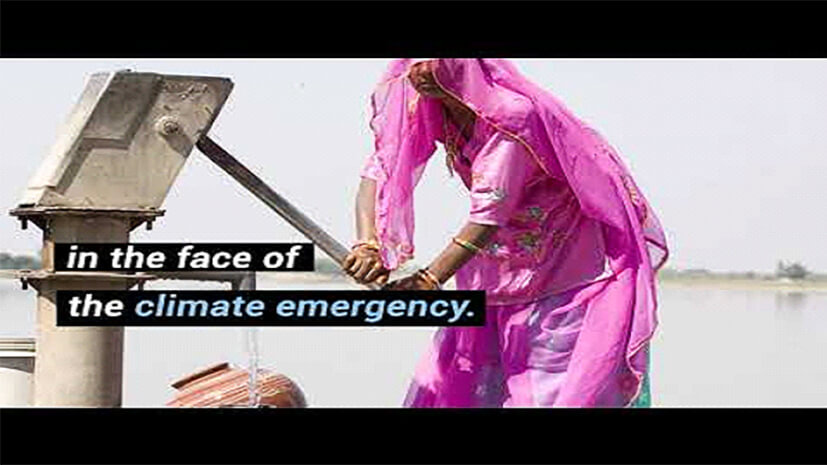

Racial Justice and Social Equality (Theme)
March 1 (Commemorative Day): Zero Discrimination Day
- Overview: On Zero Discrimination Day this year UNAIDS is highlighting the urgent need to take action to end the inequalities surrounding income, sex, age, health status, occupation, disability, sexual orientation, drug use, gender identity, race, class, ethnicity, and religion that continue to persist around the world.
- We cannot achieve sustainable development and make the planet better for all if people are excluded from the chance of a better life. In today’s world, we are all interconnected. Global inequality affects us all, no matter who we are or where we are from. Join us in raising awareness about the inequalities that prevent people from living a full and productive life and demanding that governments fulfill their commitments and obligations to end all forms of discrimination.
- Brochure: Download
- Campaign: Participate in this year’s Zero Discrimination Day by shining a light on inequalities and doing your part in helping to address them. Use the following materials on your digital platforms to show the world that inequalities cost lives and that it is time to end them.
- Link: Campaign Materials
- Video: Everyone has the right to health — Zero Discrimination Day 2021

March 1- 3 & 5 (Event): Better Data Better Lives
- Time: 9 a.m. to 11 a.m.
- Overview: This event will be the 52nd session of the Statistical Commission by the United States Economic and Social Council on the basis of equitable geographical distribution.
- Live Webcast
- Additional Statements
March 21-27 (Commemorative Week): Week of Solidarity with the Peoples struggling against Racism and Racial Discrimination
- Nelson Mandela Speech
- Note: Nelson Mandela, Deputy President of the African National Congress of South Africa (ANC), addresses the Special Committee Against Apartheid in the General Assembly Hall, New York, about his fight against the Apartheid regime in South Africa — his first appearance before the Organization. 22 June 1990.
March 21 (Commemorative Day): International Day for the Elimination of Racial Discrimination
- History: On this day in 1960, police opened fire and killed 69 people at a peaceful demonstration in Sharpeville, South Africa, against the apartheid “pass laws.” Proclaiming the Day in 1966, the UN General Assembly called on the international community to redouble its efforts to eliminate all forms of racial discrimination.
- International Convention on the Elimination of All Forms of Racial Discrimination (Document)
- Notes: The International Decade for People of African Descent, proclaimed by General Assembly resolution and observed from 2015 to 2024, provides a solid framework to take effective measures to address these issues in the spirit of recognition, justice and development. The final assessment will provide guidance to the various existing mechanisms and all stakeholders, including concrete recommendations for future courses of action to ensure the continued protection and promotion of the rights of people of African descent after the conclusion of the Decade.
- General Assembly Resolution (Document):
- Let’s Fight Racism Campaign
March 24 (Commemorative Day): International Day for the Right to the Truth Concerning Gross Human Rights Violations and for the Dignity of Victims
- The Right to the Truth: The right to the truth is often invoked in the context of gross violations of human rights and grave breaches of humanitarian law. The relatives of victims of summary executions, enforced disappearance, missing persons, abducted children, and torture require knowing what happened to them. The right to the truth implies knowing the truth regarding the events that transpired, their specific circumstances, and who participated in them, including knowing the circumstances in which the violations took place, as well as the reasons for them.
- Universal Declaration of Human Rights (Document):
- History: This annual observance pays tribute to the memory of Monsignor Óscar Arnulfo Romero, who was murdered on March 24, 1980. Monsignor Romero was actively engaged in denouncing violations of the human rights of the most vulnerable individuals in El Salvador.
- Additional Documents/Instruments:
March 25: (Commemorative Day): International Day of Remembrance of the Victims of Slavery and the Transatlantic Slave Trade
- Overview: Due to COVID-19, the traditional commemorative meeting of the General Assembly to mark the International Day of Remembrance of the Victims of Slavery and the Transatlantic Slave Trade was postponed. However, the public was invited to reflect on March 25 on the transatlantic slave trade’s shameful history and legacies, including racism.
- Link: UN News
- Statements made by the UN Secretary-General:
- “Racism is the reason why outside Africa, people of African descent are often among the last in line for health care, education, justice, and opportunities of all kinds.”
- “We need to raise our voices against all expressions of racism and instances of racist behavior. We urgently need to dismantle racist structures and reform racist institutions. We can only move forward by confronting the racist legacy of slavery together.”
